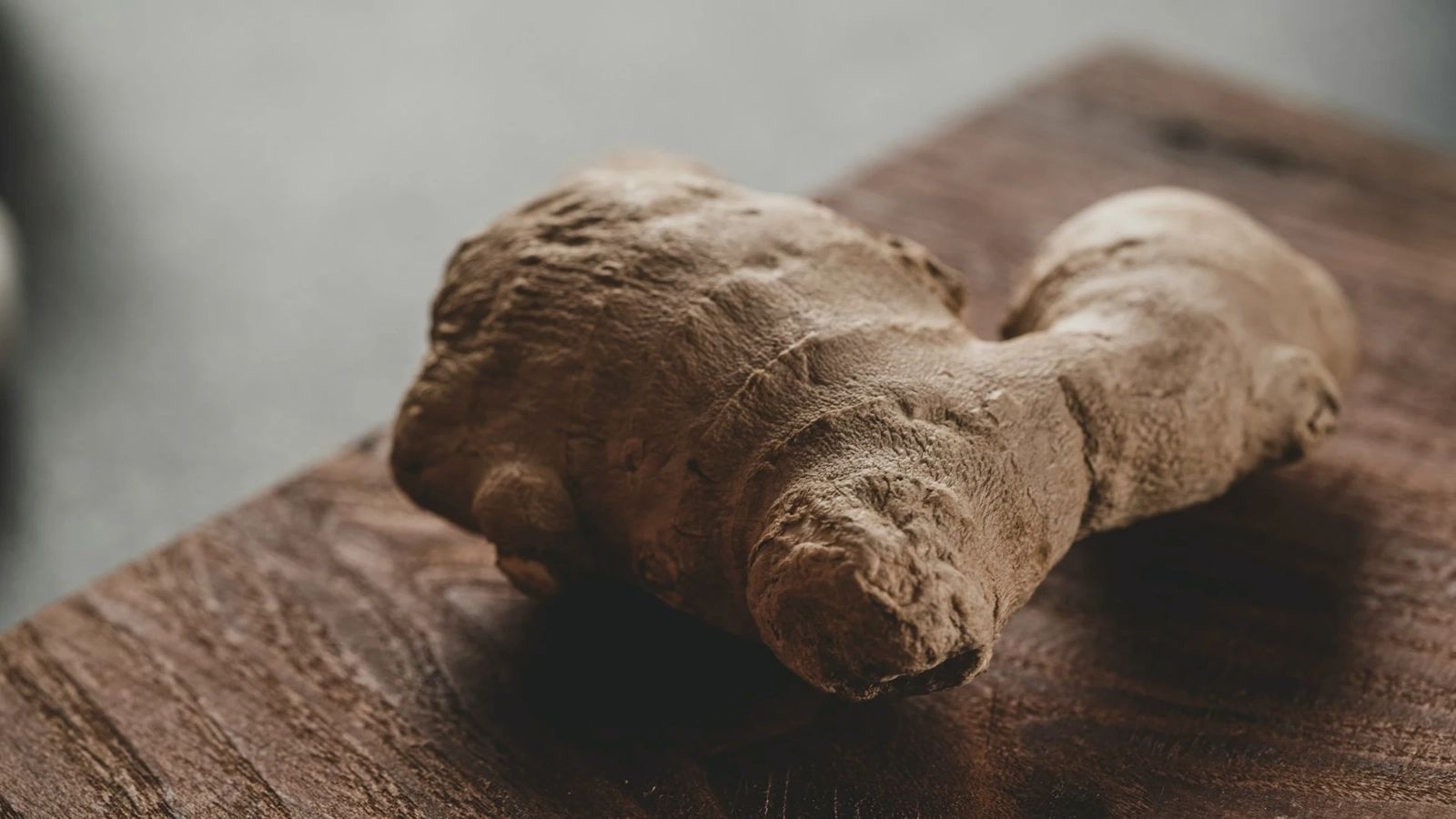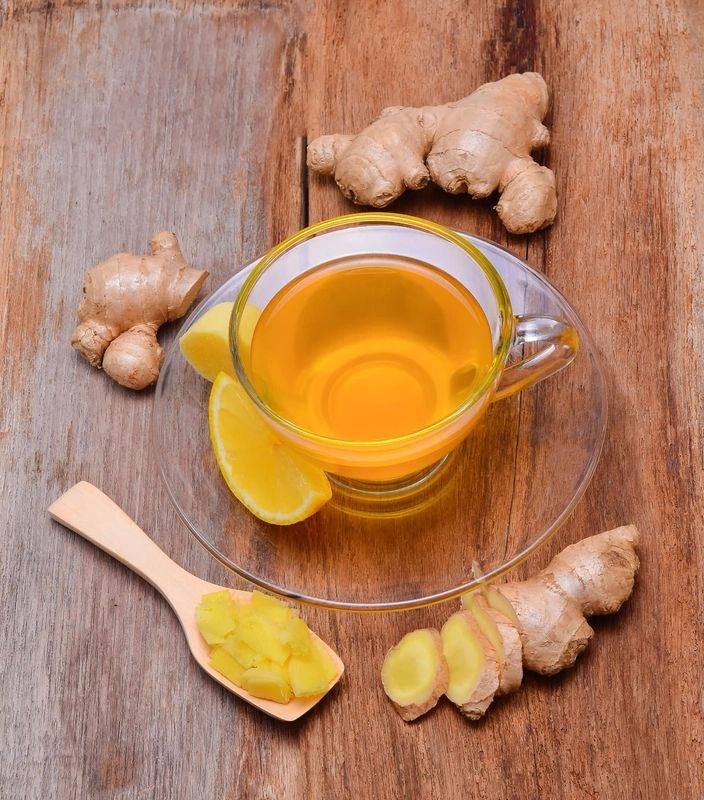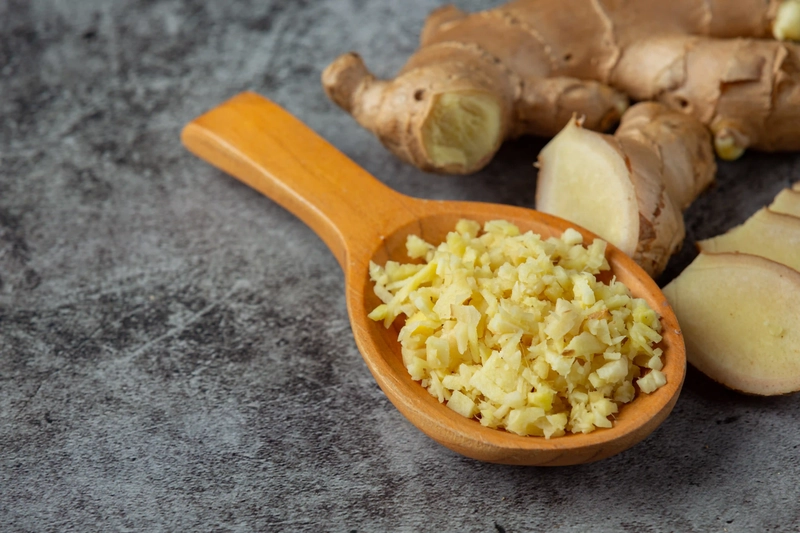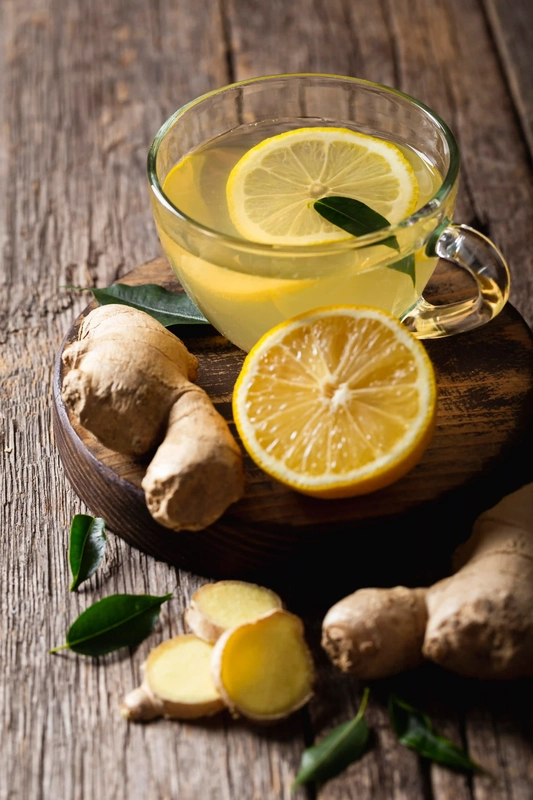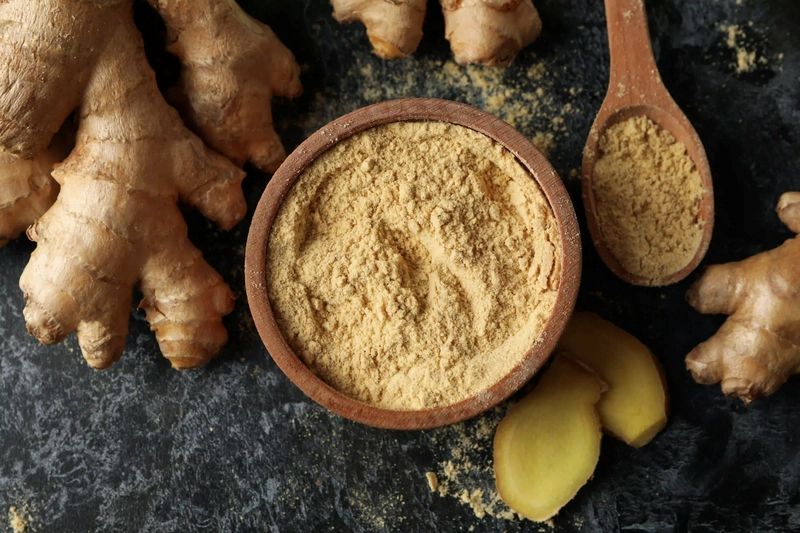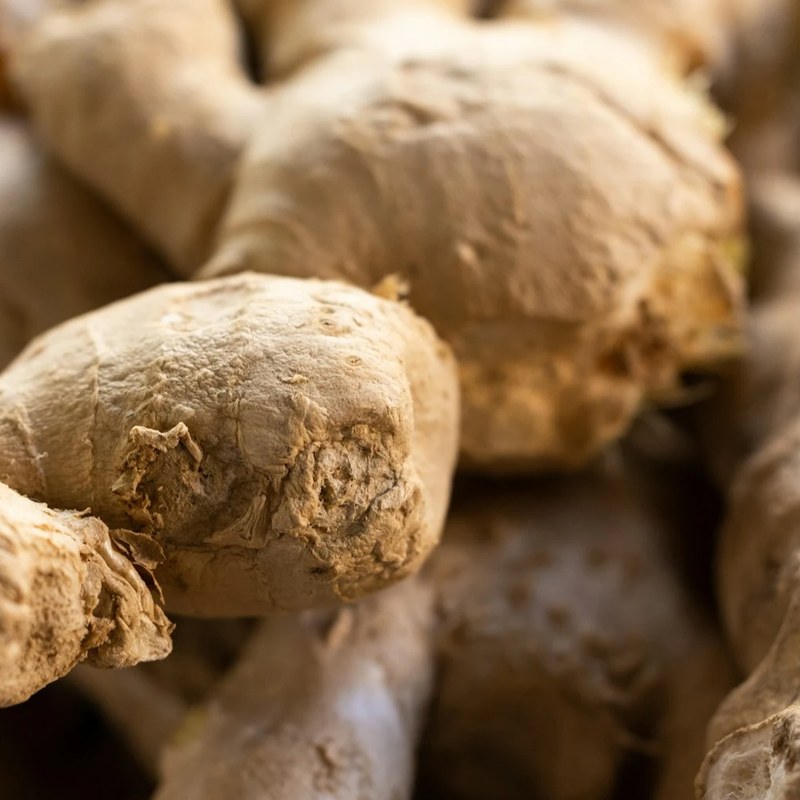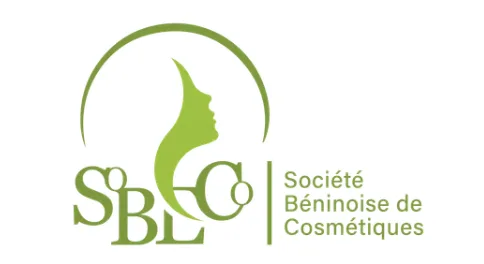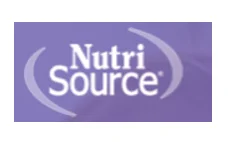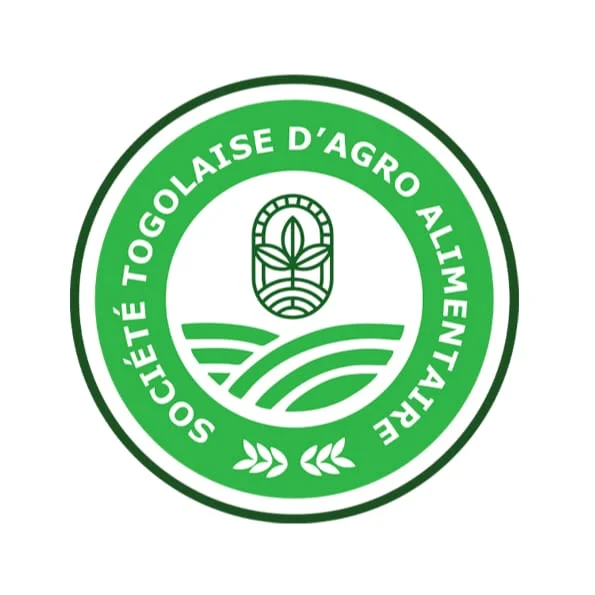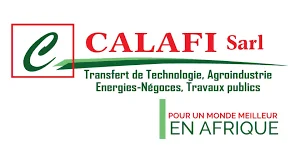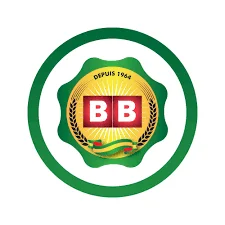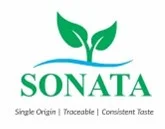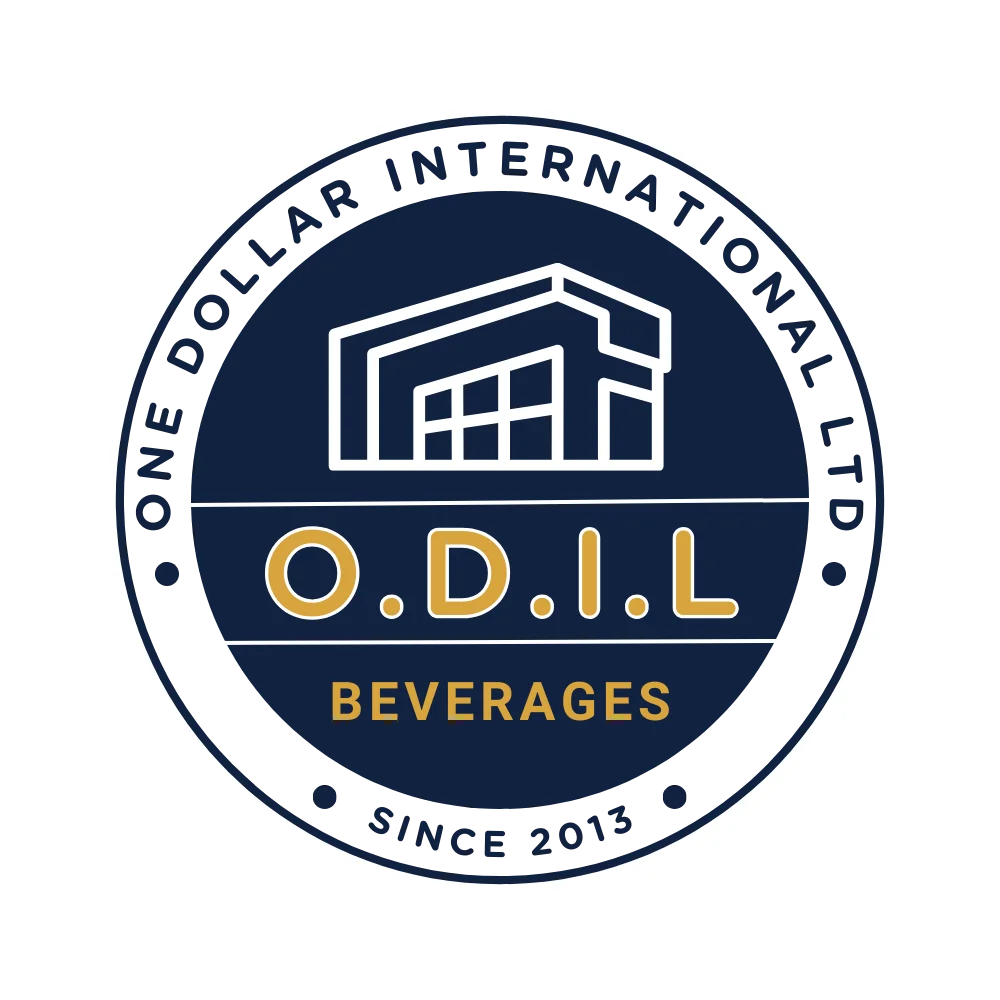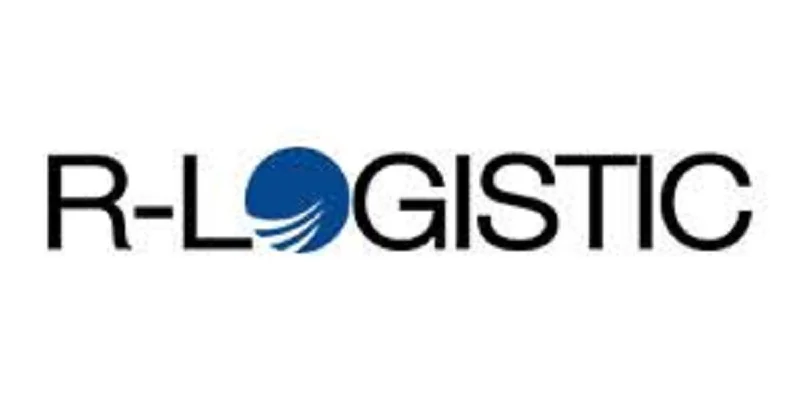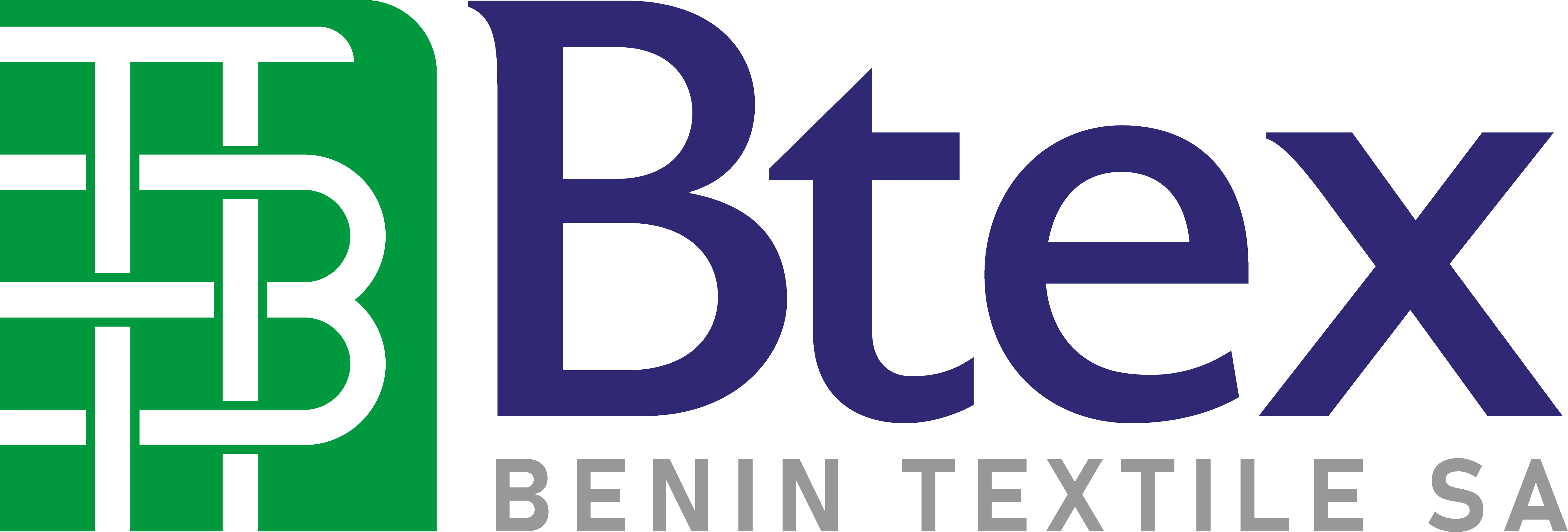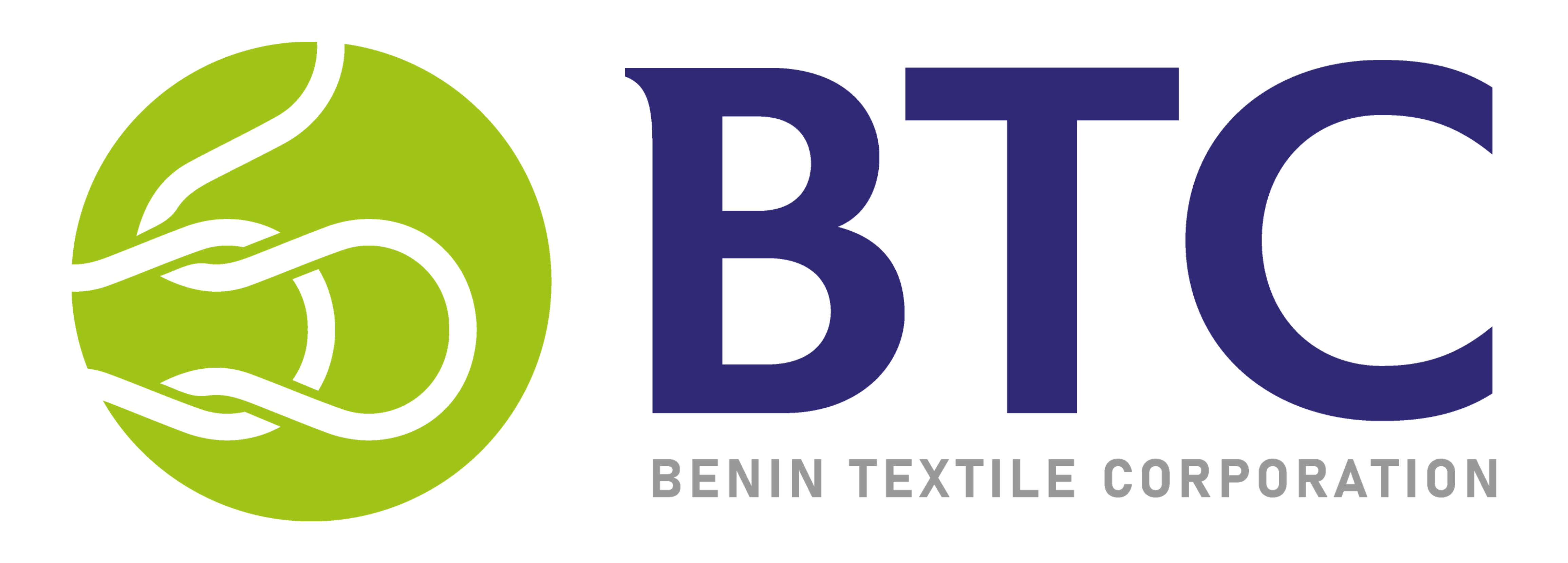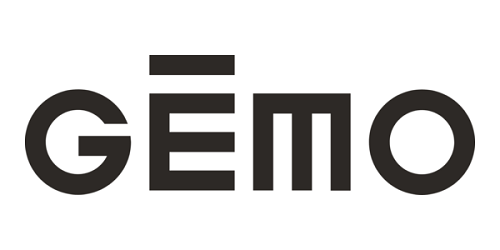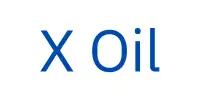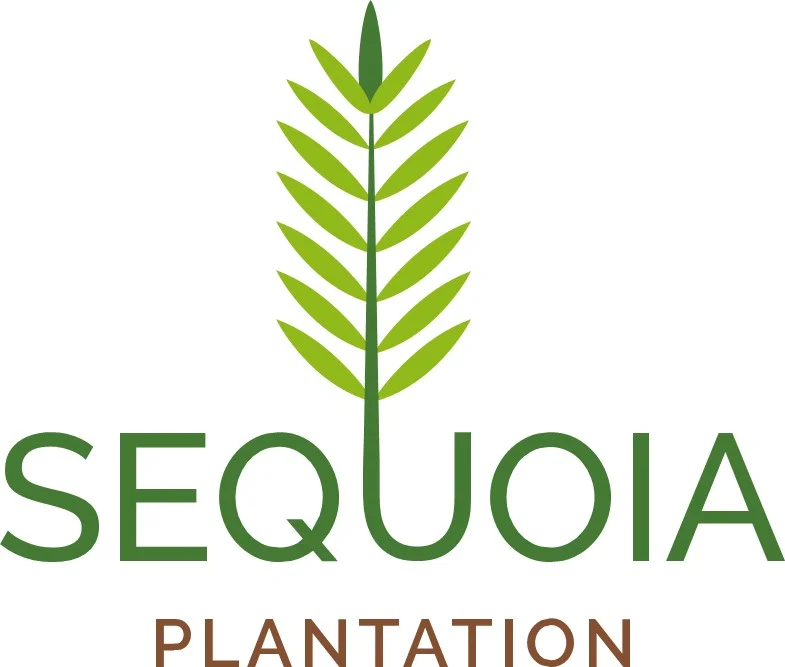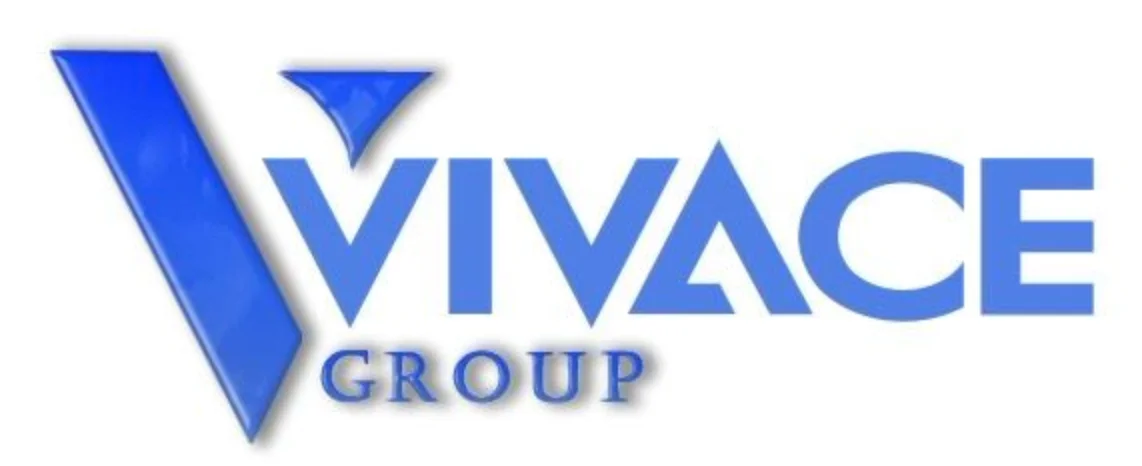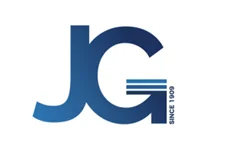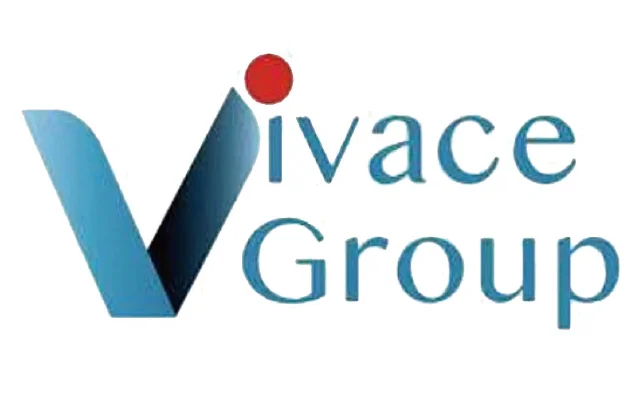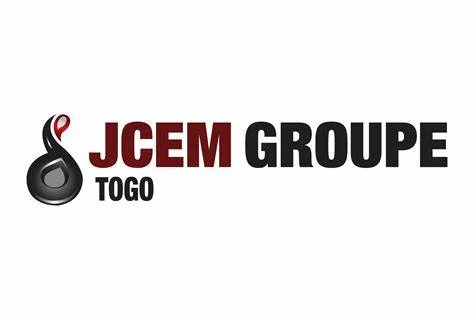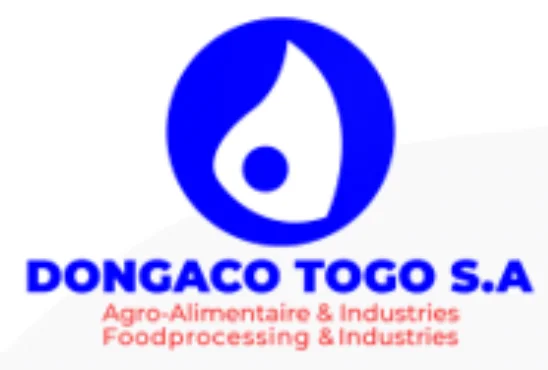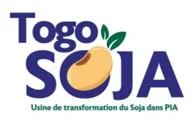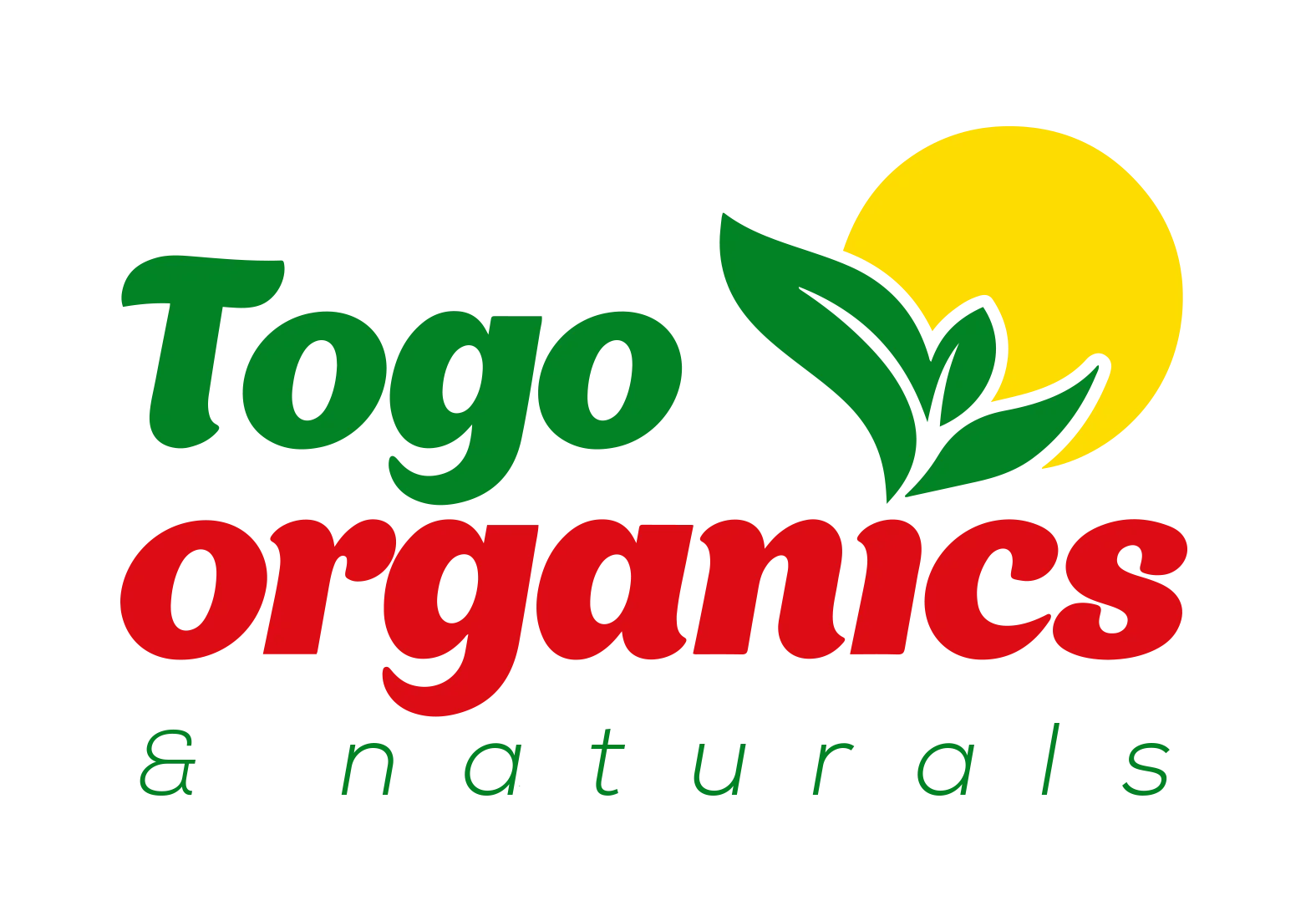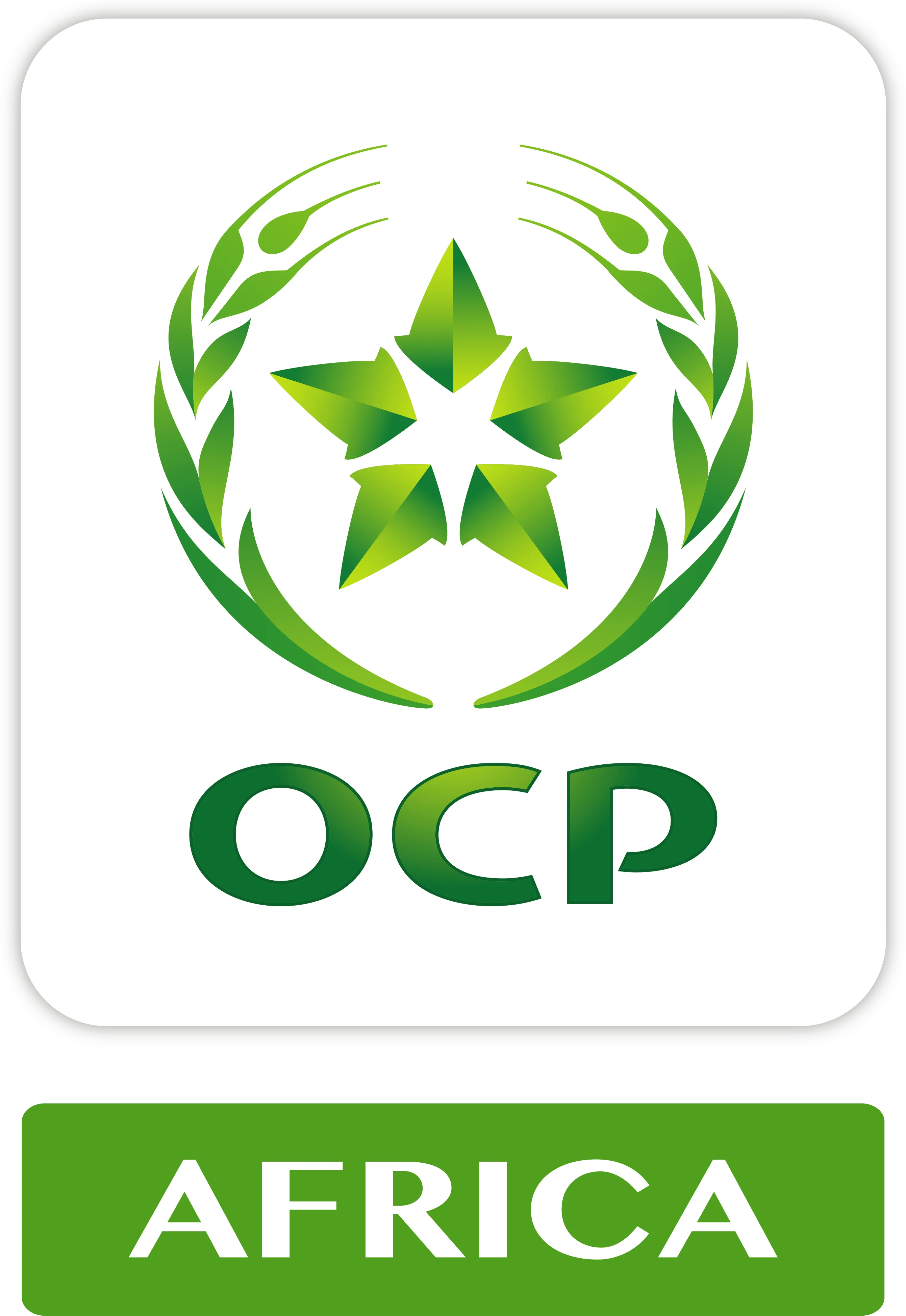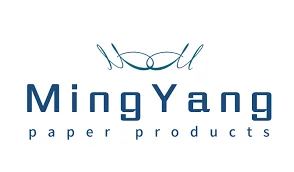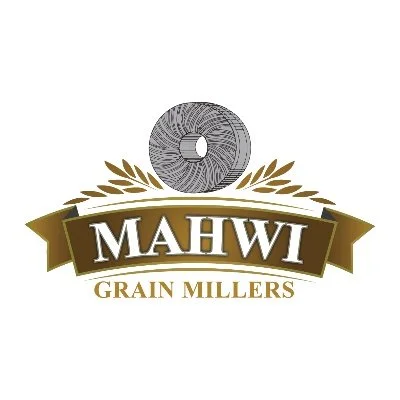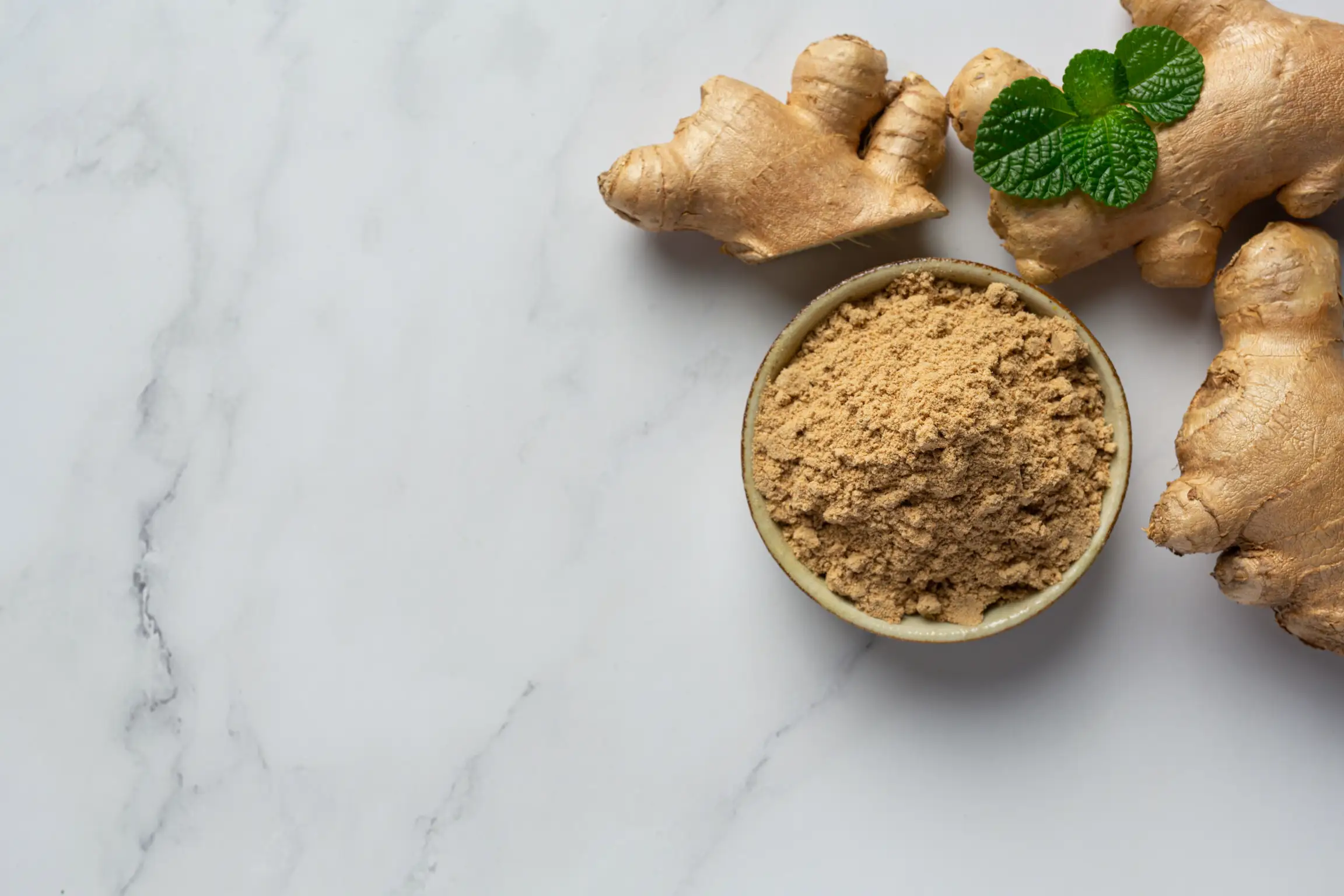How profitable is ginger farming in Nigeria?
Ginger farming in Nigeria can be quite profitable, with potential earnings typically ranging from ₦150,000 to ₦300,000 per hectare annually, depending on yield, market prices, and efficiency of farming practices. Profitability is also bolstered by high demand and opportunities for value-added products.
Which countries buy ginger from Nigeria?
Nigeria exports ginger to several countries, including the United States, India, United Kingdom, the Netherlands, and South Africa. These markets value Nigerian ginger for its quality and flavor.
What is the demand for ginger in Nigeria?
The demand for ginger in Nigeria is strong, driven by its use in traditional cooking, baking, and medicine. The spice is also popular for making beverages and supplements, contributing to its consistent demand.
Does Nigeria export ginger?
Yes, Nigeria exports ginger. The country is a significant exporter of ginger, with substantial quantities shipped to international markets, contributing to Nigeria's position as one of the world's top producers and exporters of the spice.
Why should I invest in the ginger business in Nigeria?
Investing in ginger is attractive due to its high domestic and international demand, its versatility in culinary and medicinal applications, and the potential for value-added products like ginger powder and oil.
What are the key factors to consider when investing in ginger farming?
Soil quality, climate suitability, water availability, pest management, access to high-quality planting materials, and market access for selling ginger should be considered.
What is the current price of ginger per ton in Nigeria?
The price of ginger per ton in Nigeria typically ranges from ₦100,000 to ₦150,000, though this can vary based on quality, season, and market demand.
What are the most profitable ginger-based products?
Profitable ginger-based products include ginger powder, ginger oil, and ginger drinks. These products often offer higher margins compared to raw ginger.
How much can one earn from ginger farming in Nigeria?
Earnings from ginger farming can vary but typically range from ₦150,000 to ₦300,000 per hectare, depending on yield, market prices, and farming efficiency.
What government incentives are available for ginger investment in Nigeria?
Government incentives include tax benefits, grants, and support under agricultural development programs aimed at enhancing ginger production and processing.
What is the global demand for ginger, and how does Nigeria fit into this market?
Global demand for ginger is high due to its culinary and medicinal uses. Nigeria is a significant producer and exporter, benefiting from this strong international demand.
What are the current trends in ginger farming and processing in Nigeria?
Trends such as the adoption of improved ginger varieties, increased mechanization, investment in processing facilities, and expansion into export markets are popular right now.
How do I assess the market demand for ginger products?
Assess market demand by conducting market research, engaging with local buyers and processors, analyzing consumption trends, and exploring export opportunities.
What determines the return on investment for ginger farming?
ROI is determined by factors such as yield per hectare, market prices, production costs, efficiency of farming practices, and the ability to access value-added markets.
What are the growth opportunities in the ginger industry in Nigeria?
Growth opportunities are abundant such as expanding into new domestic and international markets, developing value-added products, improving production techniques, and enhancing infrastructure for processing and distribution.



